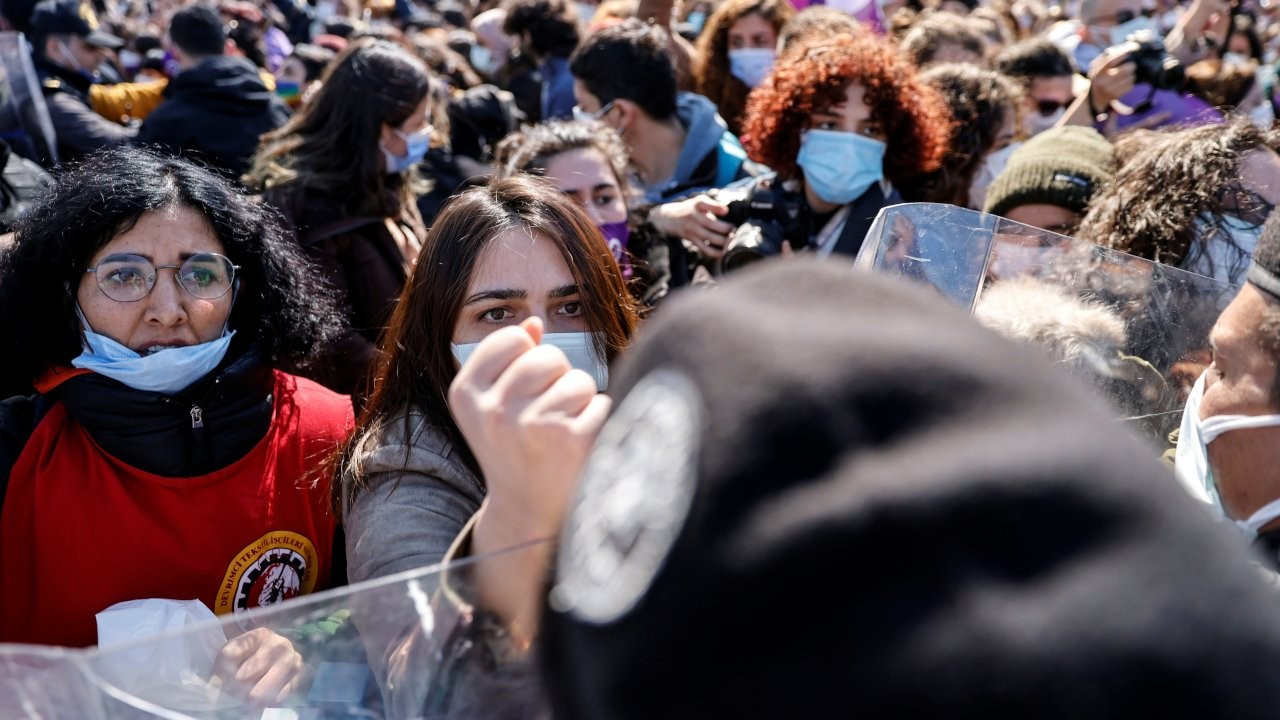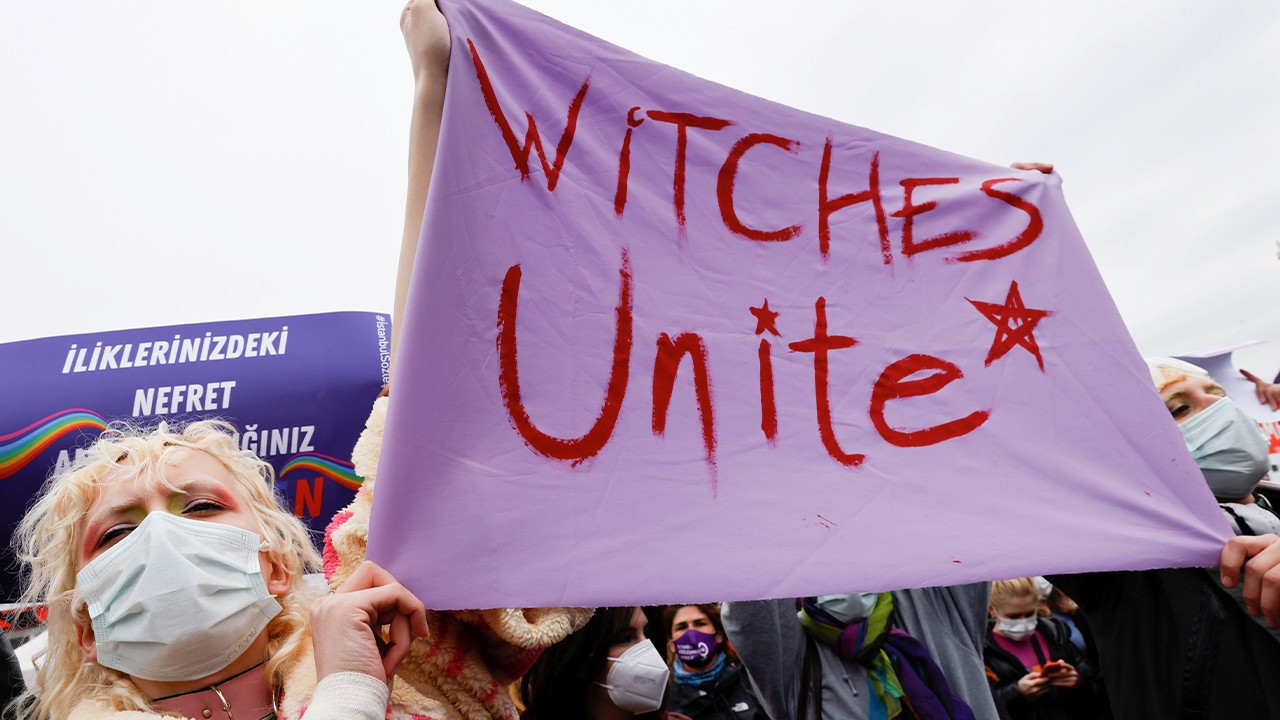Game of Thrones author slams Turkey's Istanbul Convention withdrawal
Author of best-selling books and TV show Game of Thrones George R. R. Martin voiced his support for Turkish women in the fight against President Recep Tayyip Erdoğan's withdrawal of Turkey from the Istanbul Convention. The American novelist highlighted the issue after Turkish-German actress Sibel Kekilli alerted him to the events, he said in a blog post dated March 28.
Duvar English
Author of best-selling novels that turned into hit HBO show Game of Thrones George R. R. Martin spoke out in favor of Turkish women in their fight against President Recep Tayyip Erdoğan's withdrawal of Turkey from the Istanbul Convention, an international treaty protecting women's rights.
The author said that he received the "distressing" news from Turkish-German actor Sibel Kekilli, adding that the artist has "first hand knowledge of what it means to experience violence," sharing a grim fate as many other Turkish women.
"[Kekilli] has long been an advocate fighting violence against women all around the world," the novelist said. "[Kekilli is] a very brave woman, and a true hero. I admire her immensely for all she has done and continues to do."
The actress rose to fame with her part in famous Turkish-German director Fatih Akın's movie "Head-On" and played the role of Shae, a sex worker in the imaginary town of Westeros in Martin's Game of Thrones.
The novelist said that Kekilli was an "amazing actress" and that she gave Shae "a depth the character never had in [his] books."
The novelist shared a news story from CNN about the Turkish president's withdrawal of the country from the Istanbul Convention, and gave his "warm regards and love" to the women in Turkey, using the Turkish phrase he learned from Kekilli.
"And I would like to echo her message to the women and girls of Turkey: Selam Ve Sevgiler."
The novelist ended his message to the women of Turkey by encouraging them to "stay strong."
Erdoğan's withdrawal of Turkey from the convention prompted international protest, noting the plague of violence against women the country suffers from.
The president's midnight decree for the motion was dubbed an erratic move and likened to former United States President Donald Trump's emotional moves in office.
Turkish women have not only filed petitions to reverse Erdoğan's decree, but have also continued to protest the motion in provinces across the country.

 Male violence rages on: Turkish man beats partner for liking photo on social mediaWomen
Male violence rages on: Turkish man beats partner for liking photo on social mediaWomen Turkish women protest Erdoğan's decision to withdraw from Istanbul ConventionWomen
Turkish women protest Erdoğan's decision to withdraw from Istanbul ConventionWomen Erdoğan says Istanbul Convention withdrawal is a 'done deal' despite global protestWomen
Erdoğan says Istanbul Convention withdrawal is a 'done deal' despite global protestWomen